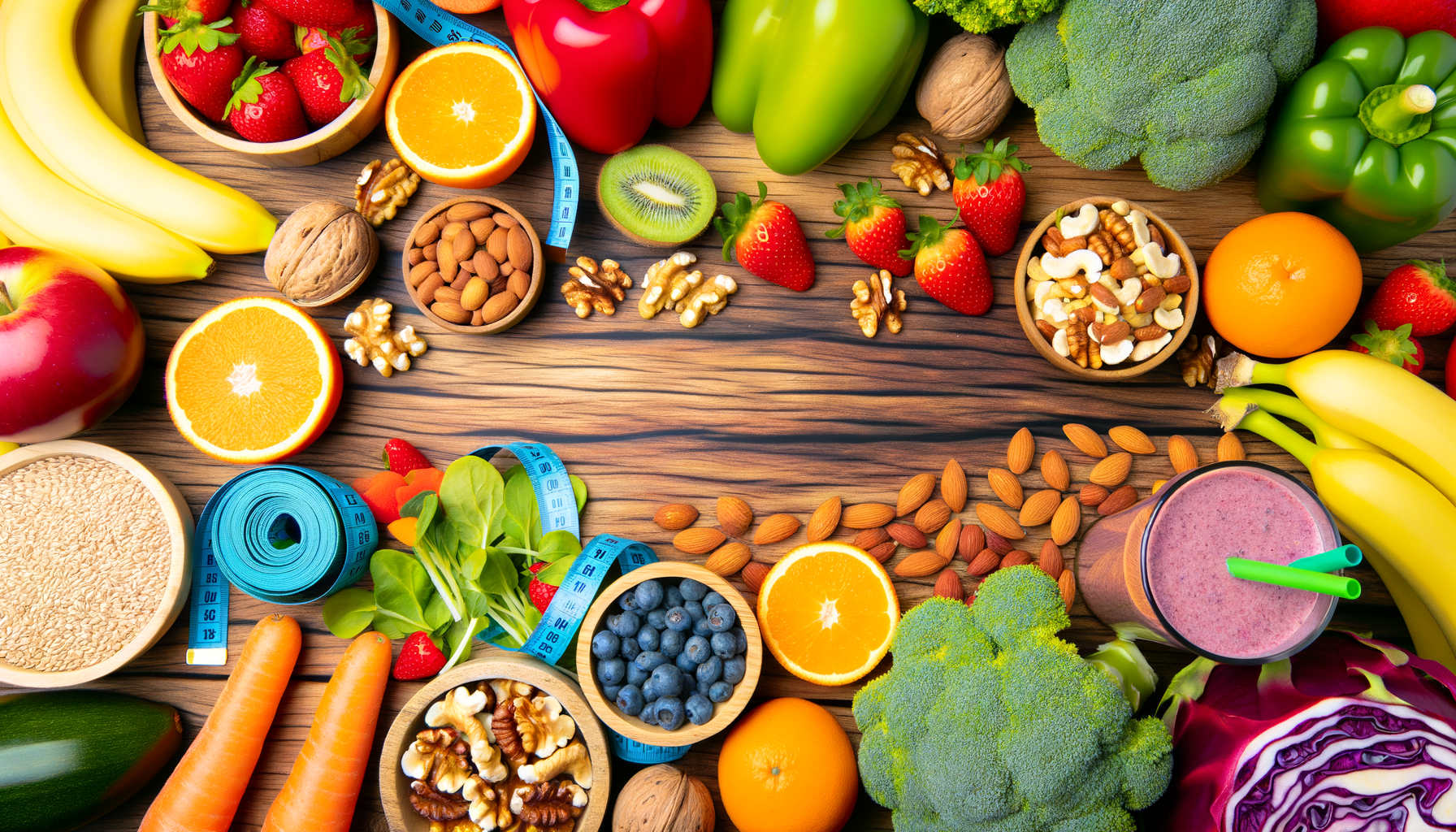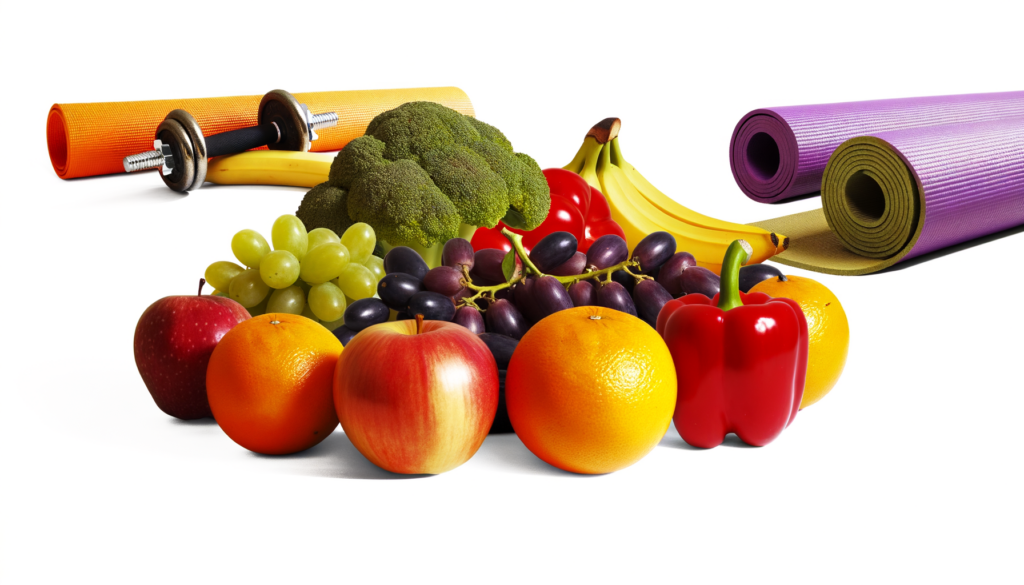Navigating Nutritional Needs: Calorie Tracking for Vegetarian and Vegan Athletes
For athletes who follow vegetarian or vegan diets, managing nutritional intake is crucial to maintain performance and overall health. Unlike omnivorous diets, plant-based diets require careful planning to ensure adequate intake of essential nutrients. Here, we delve into the specifics of calorie tracking for vegetarian and vegan athletes, highlighting key considerations, tools, and strategies.
Understanding Nutritional Challenges
Vegetarian and vegan diets can be rich in nutrients, but they also present specific challenges. For instance, vegan athletes need to be particularly mindful of micronutrients like vitamin B12, iron, zinc, calcium, and iodine, which are often found in higher concentrations in animal products. Additionally, plant-based diets tend to be lower in calories, protein, and certain fats, making it essential to consume higher amounts of certain foods to meet energy and nutrient requirements.
Tools for Effective Calorie Tracking
Utilizing the right tools can significantly simplify the process of tracking calories and nutrients. One of the top-rated nutrition tracker apps for vegans is Cronometer, which stands out for its detailed macronutrient and micronutrient tracking features. Cronometer allows users to log meals using an extensive database of over a million foods and ingredients, providing accurate nutritional information and helping users meet their daily targets.
Another popular option is MyFitnessPal, which is highly recommended for athletes due to its vast food database and user-friendly interface. MyFitnessPal offers both free and premium versions, with the premium version providing additional features like advanced nutrient tracking and personalized recommendations.
Strategic Planning of Plant-Based Diets
To ensure optimal performance, vegetarian and vegan athletes must strategically plan their diets. Here are some key strategies:
- Energy Intake: Achieving adequate energy intake is crucial. Plant-based foods can be high in fiber and low in calories, making it necessary to consume more frequent meals or higher-calorie foods.
- Protein Sources: Include a variety of protein-rich plant foods such as legumes, beans, lentils, and tofu. Combining different plant-based protein sources can help achieve the necessary amino acid profile.
- Micronutrients: Pay special attention to micronutrients like vitamin B12, iron, zinc, calcium, and iodine. These can be obtained through fortified foods, supplements, or carefully selected plant-based sources.
- Supplementation: Consider supplements like creatine and β-alanine, which can enhance performance and help compensate for lower levels found in plant-based diets.
Real-World Examples and Case Studies
Several high-profile athletes have successfully adopted plant-based diets without compromising their performance. For example, Scott Jurek, a renowned ultramarathoner, and Alex Morgan, co-captain of the US Women’s Soccer team, are both vegan. These athletes demonstrate that with careful planning and the right tools, a plant-based diet can support peak athletic performance.
Using Calorie Calculators and Nutrition Trackers
In addition to using nutrition tracker apps, athletes can benefit from calorie calculators to ensure they are meeting their daily energy needs. Tools like the Calorie Calculator Cloud can help athletes determine their caloric requirements based on their activity levels, weight goals, and other factors. This can be particularly useful for athletes who need to adjust their diets according to their training phases and performance goals.
Conclusion and Next Steps
Calorie tracking for vegetarian and vegan athletes requires a thoughtful and structured approach. By leveraging the right tools, such as Cronometer and MyFitnessPal, and following strategic dietary planning, athletes can ensure they meet their nutritional needs while adhering to their dietary preferences. For those looking to optimize their nutrition further, exploring different Calorie Calculator Plans can provide additional insights and support.
Ultimately, with the right combination of knowledge, tools, and planning, vegetarian and vegan athletes can thrive and achieve their performance goals without compromising their dietary values.
If you’re an athlete considering a plant-based diet or looking to optimize your current nutrition plan, start by exploring the resources mentioned above. For more detailed guidance and personalized recommendations, consider consulting with a registered dietitian or sports nutritionist who specializes in plant-based diets.








